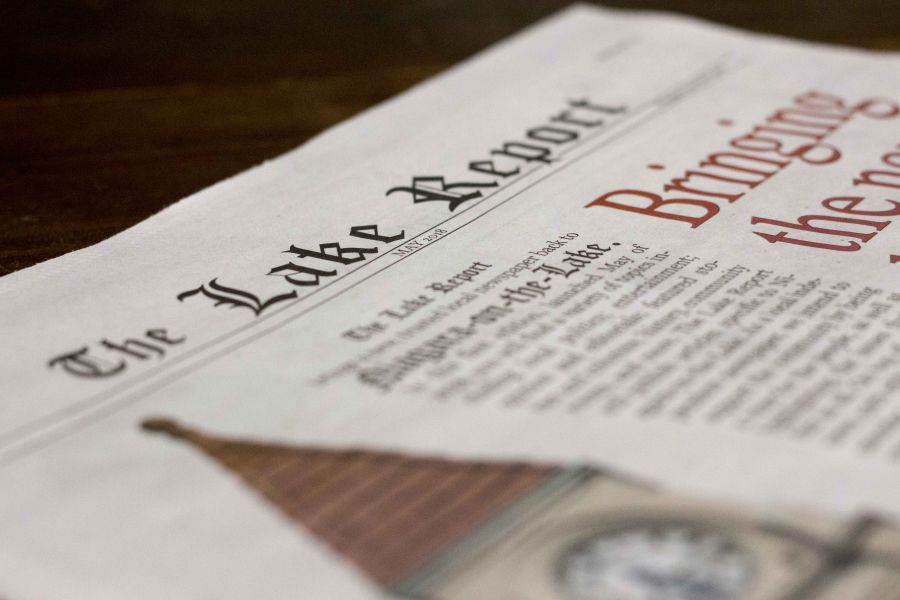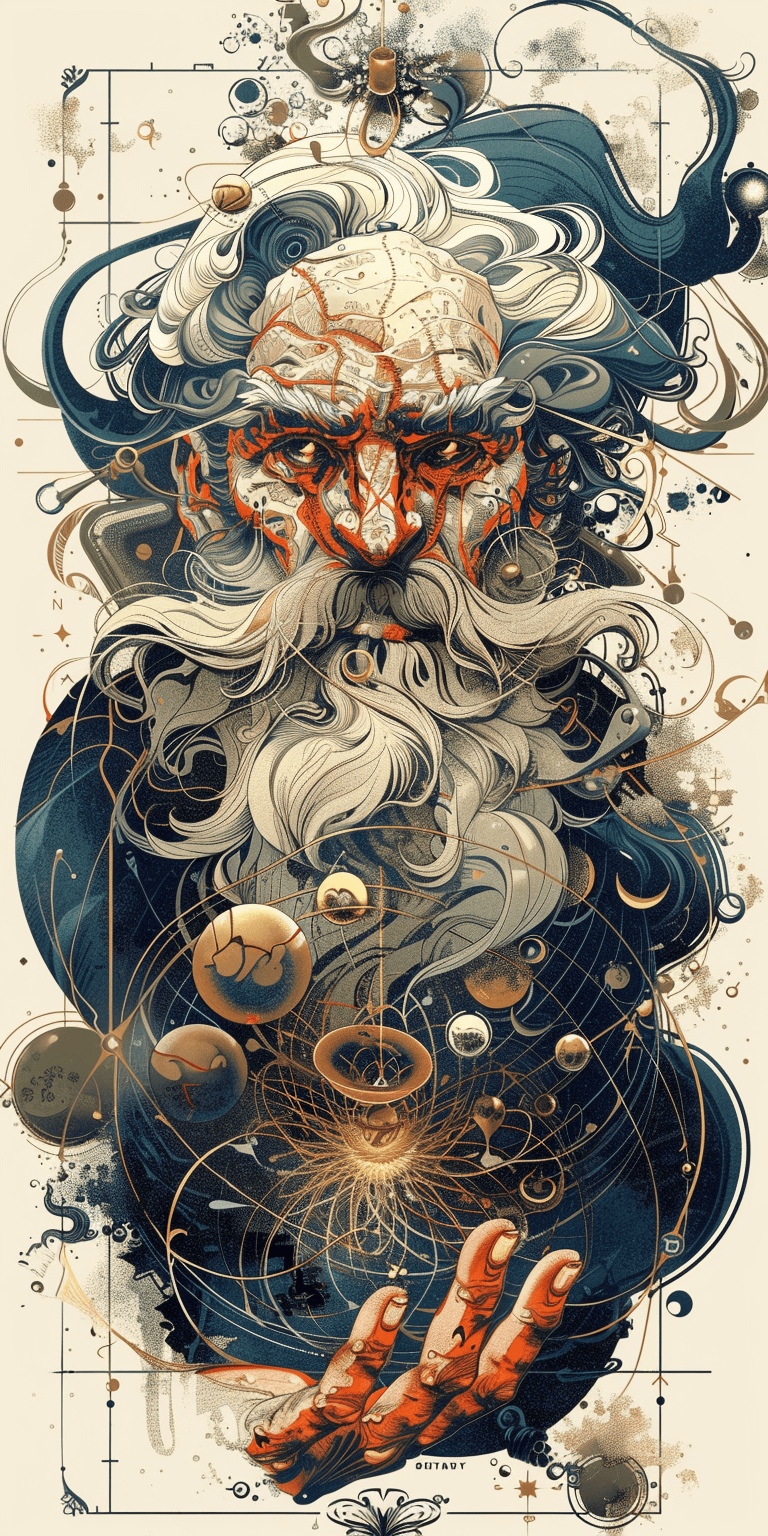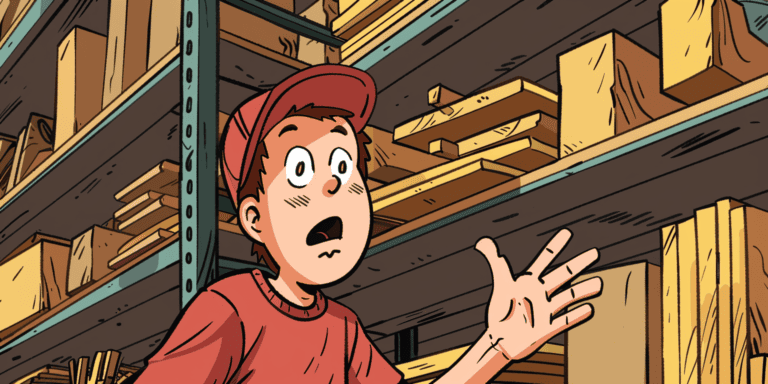Am I the only one, or is the sight of Wayne Gretzky, Auston Matthews and other hockey celebrities encouraging me to gamble on professional sports games offensive?
In our lifetimes, will Niagara IceDogs star skaters encourage us to come to the Meridian Centre to bet against the North Bay Battalion? (By the way, where do they get these team names?)
The Great One walks casually into our television screens, sartorially splendid in a bespoke suit, mentioning that gambling on pro sports can add big excitement to my life, and that by using our personal computers while wearing our pyjamas at home, we can be “part of the action.”
Matthews, the NHL MVP last year – from Arizona – tenaciously growing a moustache, graces Niagara-area billboards, inviting us to be part of the action by gambling on individual NHL games.
Ontario’s betting Big Brother, the Ontario Lottery and Gaming Corp., is shrewdly named to trick us. When we bet our money on games or risk our money at one of the many provincial casinos, we are not playing a game and gaming. We are gambling, pure and simple.
Many of us grew up hearing stories of the pro sports gambling heartache caused by the “Chicago Black Sox” baseball team in 1921. Eight players were banned for life by commissioner Judge Kenesaw Mountain Landis for gambling on their team’s games.
The whole episode stank and caused baseball fans to question the integrity of the game. It was an existential crisis. Since then rules prohibiting gambling by MLB personnel were developed, enforced and easy to understand.
Not that long ago, Cincinnati Reds superstar Pete Rose, a.k.a. Charlie Hustle, a genuine superstar batter and fielder (and definitely a “man’s man”), was banned from baseball for life for betting on the team that he was managing.
Despite having Hall of Fame-worthy statistics, and then some, he is still not enshrined in Cooperstown. Each summer he shows up to sign autographs for a modest fee, but he may never be voted into the MLB Hall of Fame.
The integrity of professional sports leagues must be protected, and the rule is very clear: “Don’t gamble.”
Am I cynical or paranoid, or do I just not “get it?” Have the NHL and its players association sunk to a new low, desperately scraping at any available barrel in the search for new sources of revenue?
It is clear to me that a huge mistake has been made. Any link between gambling and people who can influence the outcomes of games is nasty. How can NHL executives, team owners, player agents and superstar moms and dads not see the problem here?
A missed pass, a fluffed breakaway, a missed check, a surprise goal through the five-hole, can all instantly change the result of a game. How about a subtle intentional offside, which could trick even the video replay experts in the booths in Toronto and New York?
I don’t mean to be sanctimonious or holier-than-thou, or seem to be preaching, but having current NHL personnel, not to mention the accepted greatest player ever, promoting gambling, and being well-paid to encourage hockey fans to gamble, just seems wrong.
Wrong. Wrong.









